
1 May, 2020
Thai PM makes historic visit to tour operators HQ to hear industry’s concerns
Bangkok – In a global first, Thai Prime Minister Gen Prayuth Chan-o-cha personally visited the offices of the Association of Thai Travel Agents on April 30 to get a first-hand update on the impact of the Covid-19 pandemic on the country’s most important service economy sector and generator of foreign exchange.
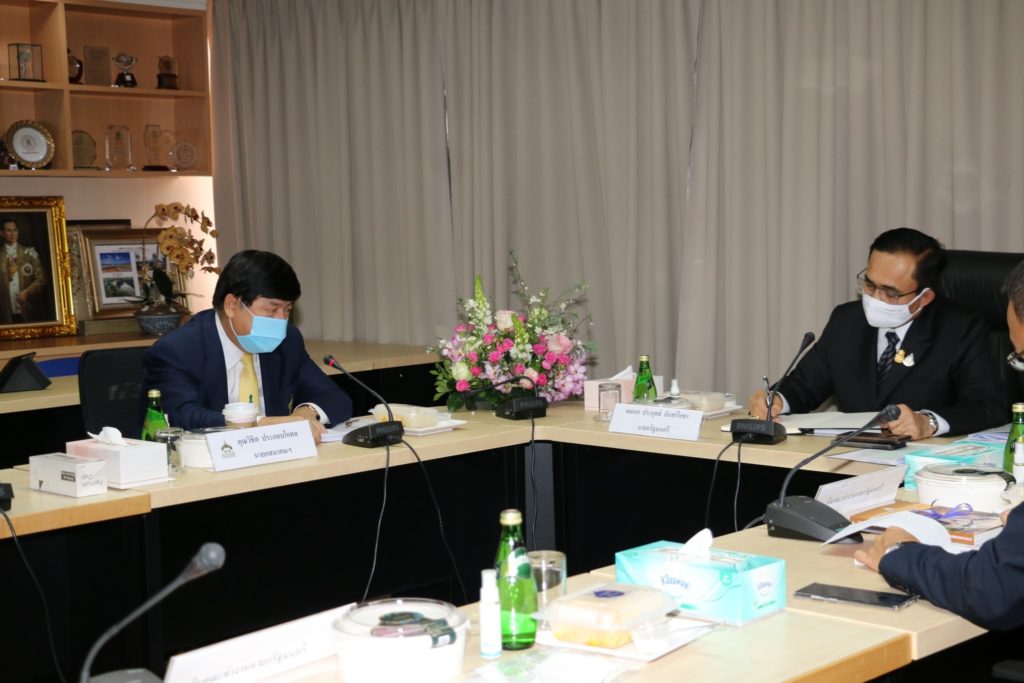
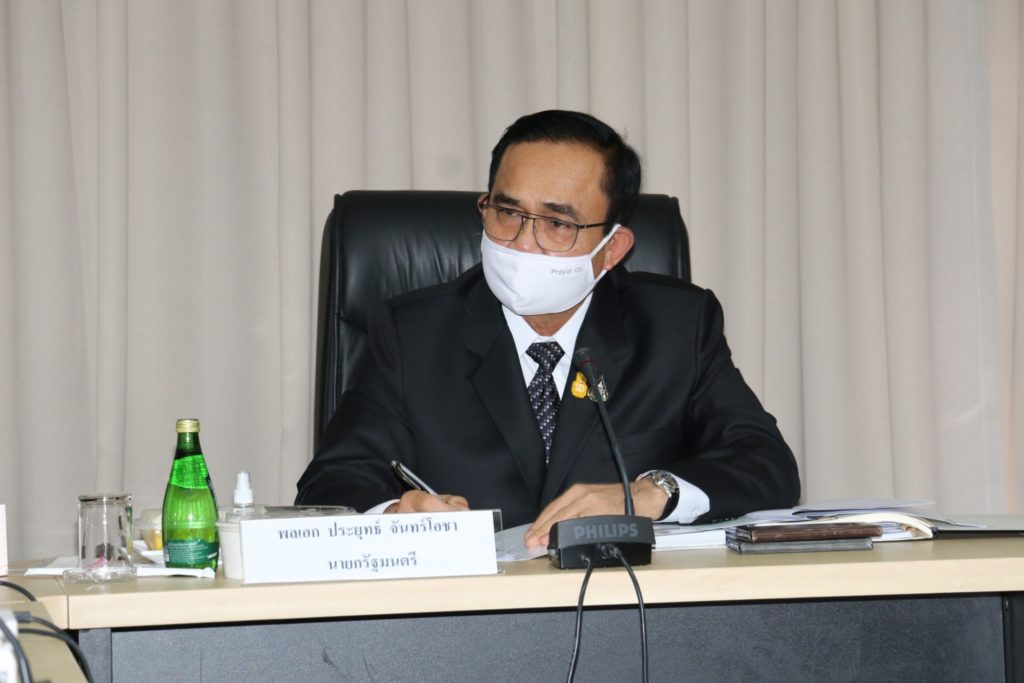
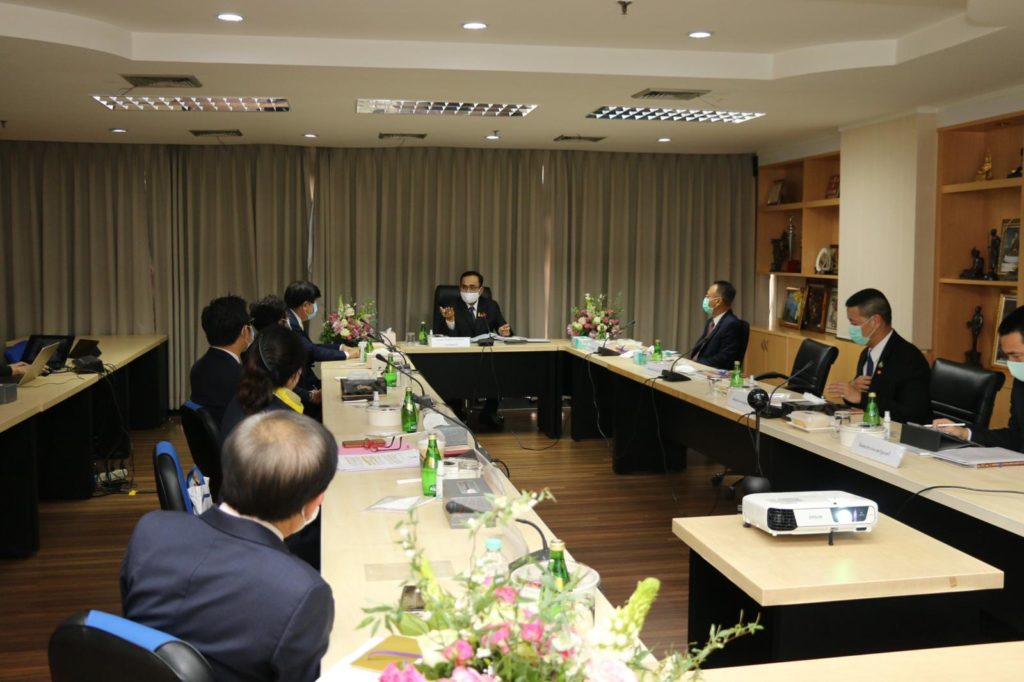
A spokesman for the PM’s office said it was the first association he had visited as part of a strategy to connect directly with nationwide stakeholders to understand their issues first-hand, especially those whose businesses involve small and medium sized enterprises and create grassroots jobs nationwide.
ATTA was seen as fitting that bill because it comprises hundreds of tour operators as primary members with several hundred hotels, attractions, products and services catering to the Travel & Tourism industry as associate members.
It is the first time in the history of Thai tourism that a sitting Thai Prime Minister has personally visited the offices of a tourism association, rather than asking the association committee members to come to see him.
The move sent off important signals locally, regionally and globally of the weight that the Thai government is attaching to the Travel & Tourism industry, both in terms of alleviating the immediate impact as well as contributing to the long-term recovery when the clouds begin to lift.
The PM was accompanied by a very small team of his personal aides and the Secretary-General of the Office of the National Economic and Social Development Council, Mr. Thosaporn Sirisumphand, who is also chairman of the Tourism Authority of Thailand.
ATTA was represented by its President, Mr. Vichit Prakobgosol, and Vice Presidents Mr. Pirach Hansrisuk, Mr. Surawat Akaraworamat, Mrs. Pornthip Hirunkate and Mrs Mingkwan Metmowlee, and Hon. Secretary General Dr. Sumalee Wangcharoenkul. It was intentionally a small meeting so that participants could speak frankly and also be social-distancing compliant.
The PM told the ATTA committee members, “The reason why I came myself is because I want to hear directly from you, from the people who are facing the unprecedented day-to-day challenges in this industry brought about by the Covid-19 pandemic. I want to spend this valuable time to hear your voice so that I have your comments, delivered to me at first hand, at the back of my mind when I listen to and evaluate the many proposals that are brought to me from various departments.”
The brief given to the association in the PM’s letter was to cover three topics:
(+) An overview of the situation and the tourism industry’s biggest problem;
(+) Quick-action suggestions;
(+) Feedback on what the government is doing now that ‘works’, and what needs to be improved.
The PM asked the talk to be kept very concise to get to the heart of problems. It lasted one hour.
Due to the total block on Chinese visitors in February, quarantine requirements imposed in March and subsequent shutdown of all international commercial aviation links in April, the Thai tourism industry has nearly totally dried up. Under an emergency decree, the status quo remains in place until the end of May.
The Tourism Authority of Thailand is projecting that in 2020, tourism arrivals and income will decline by roughly 60% over 2019. If the market picks up in the second half of 2020, the revised forecasts are for 16 million international tourists generating 740 billion baht in tourism income and 68 million domestic trips, generating 400 billion baht in tourism income.
In his comments, the ATTA President spoke in terms of the ‘tourism sector’, rather than just speaking about ‘”tour operators”. He said that tourism had suffered nothing like this in living memory. He said it was extraordinarily challenging because, in the past, when issues arose:
(1) they were generally always MARKET specific; so while one market might dry up, there was often another type of market that could be induced to come instead; or
(2) they were generally DESTINATION specific, in that the problem might only be with one or other part of Thailand – such as flooding, or a tsunami.
In this instance, it affects the entire country as a destination, and the entire world as a market, Mr. Vichit said.
He said it came at a particularly bad time for the tourism sector [not just tour operators] because the first 6 months usually deliver 70% of revenues for the year. The early part of the year is when members have invested for the season so they have relatively low cash reserves, as compared to later in the year.
The ATTA chief said that the government programmes most helpful to their members were the freezing of loan repayments to banks. He particularly complimented the PM for his decisiveness and firm action to quickly shutdown public facilities such as boxing stadiums, shopping malls, entertainment spots, etc., to help curb the spread of the virus.
He said that the soft loan programme was a good idea but that it might need a mechanism that would allow smaller SME operators with little or no assets to be able to access the loans. He was concerned that, as it stands, it might only be the larger companies (with asset collateral) that might benefit.
Mr. Vichit also commended the Social Security cover had relaxed its eligibility criteria by allowing employees to qualify to receive payments if they were unable to draw a salary, regardless of whether the tourism related company had suspended operations itself or the government had instructed the business to suspend its operations.
However, he noted that such payments are made for only three months, and added that he feared the sector would still be in terrible shape after three months. He requested the government to consider extending Social Security cover beyond the three months.
In terms of areas for immediate action that the government should consider for short term relief, Mr Vichit said that the government might start by looking at the low cost loan programme for SMEs.
An ATTA committee member also provided the following input:
(+) We have asked the Government to look at the Health & Safety issue, so Thailand would be safe and COVID-free before we could welcome back international tourists.
(+) In order to stimulate the market, we have asked the PM to consider waiving the Visa On Arrival fees to attract the Chinese and other nationalities that would bounce back quickly.
(+) Reduce the VAT from 7% to 3% which would give Inbound Tourism the same privilege as product exports, as tourism also generates foreign exchange for the country.
(+) Environment and Sustainable Tourism: Turn Crisis into Opportunity. It is now clear that that without disturbances from people, the natural environment has improved. So ATTA suggests a closure of the national parks and marine parks for at least 3-4 months annually to give Nature time to rest.
(+) Carrying Capacity/ Capacity Management, in order to balance between Nature/ Demand from tourists as well as the local people’s satisfaction .
Mr Vichit asserted, “I would particularly like to compliment you, Mr. Prime Minister, for your decisiveness and for taking firm action quickly to shut down facilities to help bring the spread of the virus under control, and I know it is something for which many foreign experts have also complimented Thailand.”
A spokesman for the Prime Minister said he had taken careful note of all the comments and would be following up.
More details will be posted on ATTA’s and the Prime Minister’s website today.
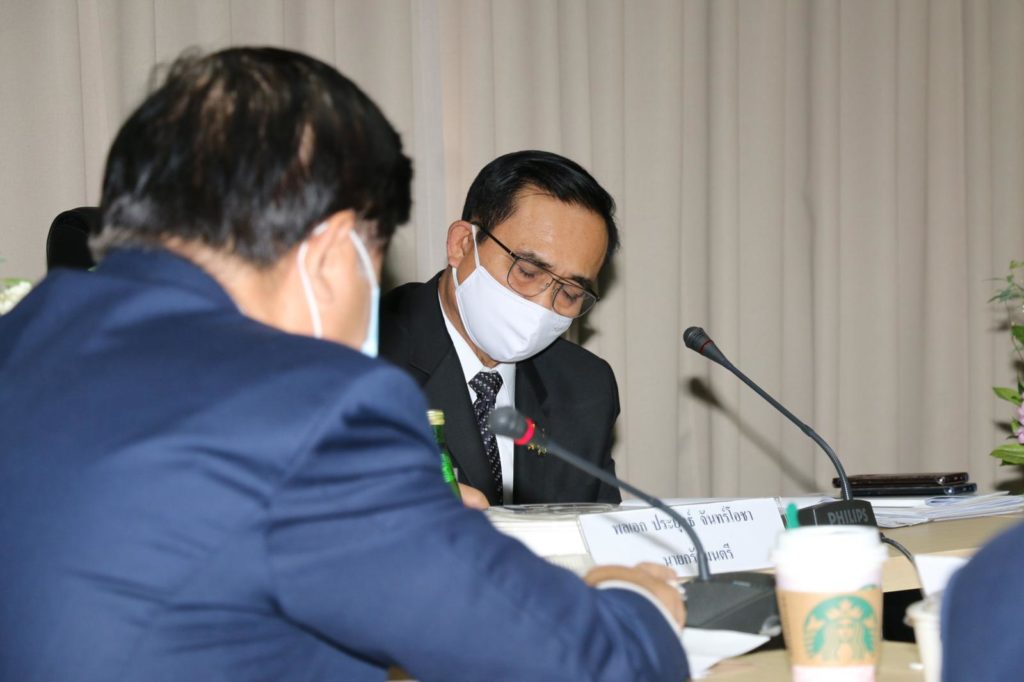
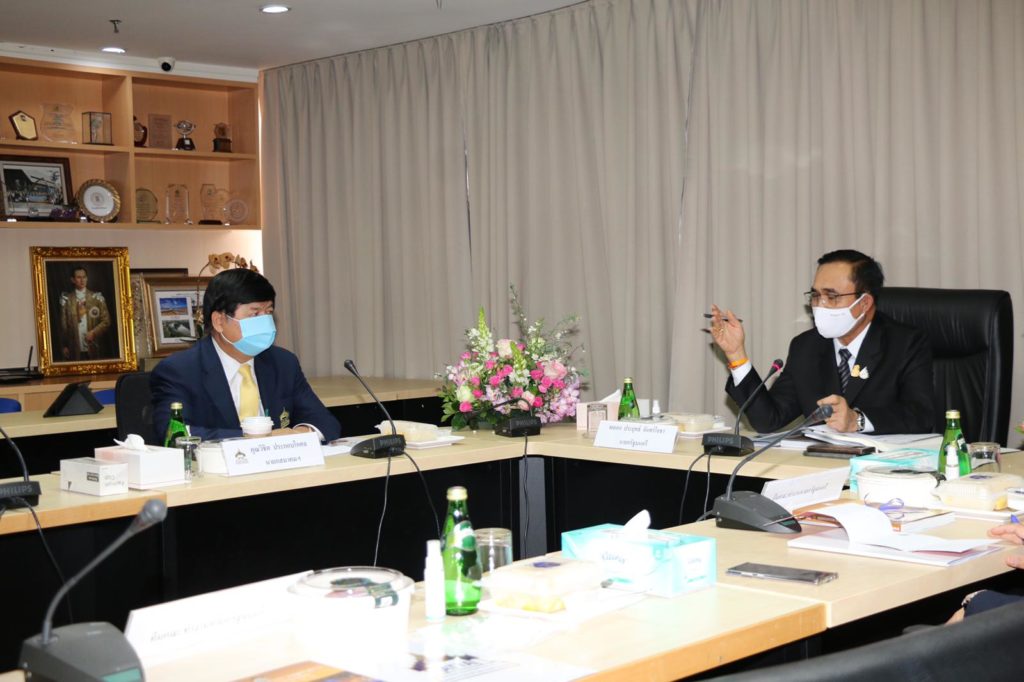
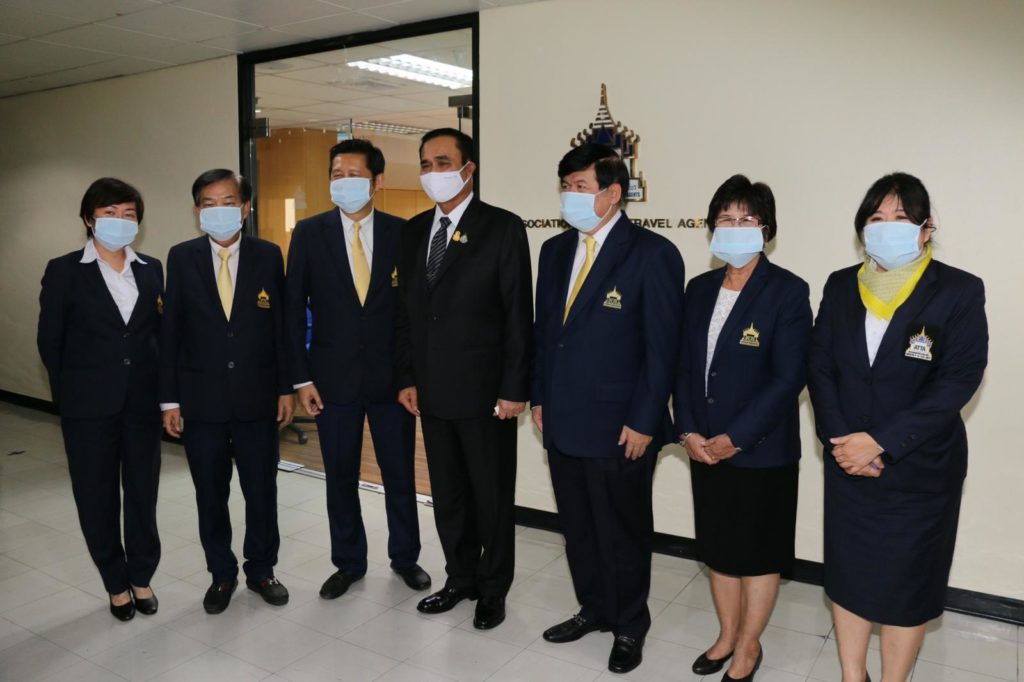



Liked this article? Share it!